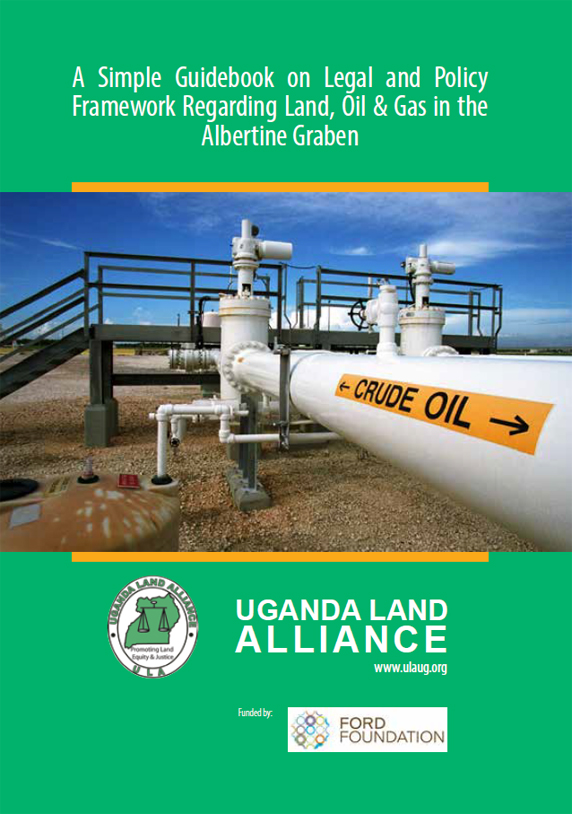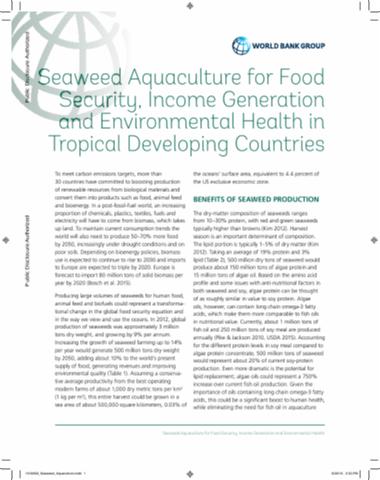REDD+ and FLEGT: Working Together to Strengthen Forest Governance and Mitigate Climate Change
Forest loss contributes to one-sixth of annual greenhouse gas emissions, making it a major contributor to climate change. Experience shows that approaches to reducing deforestation and forest degradation and strengthening forest governance – such as Reducing Emissions from Deforestation and Forest Degradation (REDD+) and Forest Law Enforcement, Governance and Trade (FLEGT) – can be far more effective in countering forest loss if they are jointly implemented. To date, however, few countries have capitalized on the synergies between these processes.



